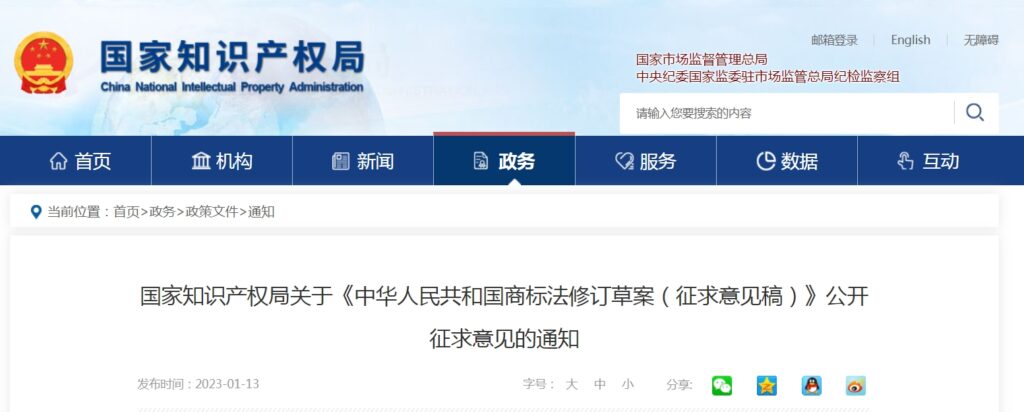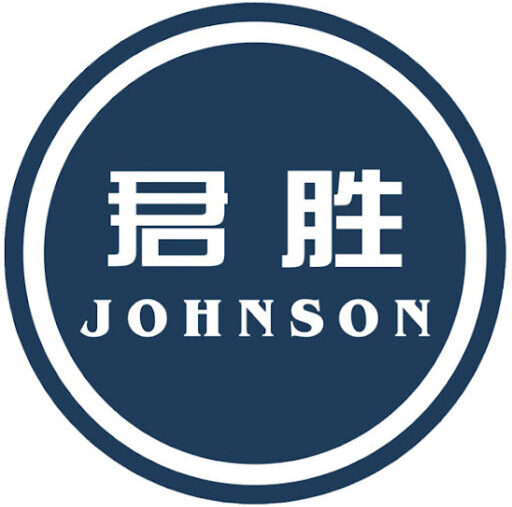Public Consultation on the Revised Draft of Trademark Law of China (Draft for Comments)

The China National Intellectual Property Administration (CNIPA) initiated a public consultation on the revised draft of Trademark Law on January 13, 2023. This public consultation tells that Trademark Law of China is ready for revision. The main contents of the revised draft can be concluded as below:
- The trademark opposition period is shortened from the original three months to two months. Also, the procedure of the review of trademark opposition has changed. Under this revised draft, the opponent may request for invalidation to the approval of trademark registration, and the opposing party may bring an administrative suit against the CNIPA within the legal time limit while the opponent will participate in the proceeding as a third party.
- A higher standard is required for the establishment of an IP agency. More than two thirds of the shareholders or the partners must have more than three years of practice experience in intellectual property, or must be qualified for judicial examination in China, or must be a qualified patent attorney, or must own the Economics Professional Qualification of Intellectual Property.
- The regulations about the promotion of trademark use, trademark service, and trademark brand construction are added in Chapter IX.
- For malicious trademark registration, the revised draft stipulates that the party who applies for trademark registration maliciously should compensate for the actual loss of the related party. For malicious litigation, the defendant may ask the plaintiff for reasonable compensation.
- For a registered trademark, the owner shall provide a statement of the use of the registered trademark on approved goods or the justifications for not using the trademark within 12 months after every 5 years from the date of approval of the registration of the trademark. This new regulation indicates that trademark owners need to focus on the actual use of registered trademarks, which reflects the latest directions and trends of this revised draft.
There are only a few parts of the revised draft concluded in this article. For now, the revised draft is at the public consultation stage. Unless otherwise specified, the revised draft will be passed and implemented in the near future.

